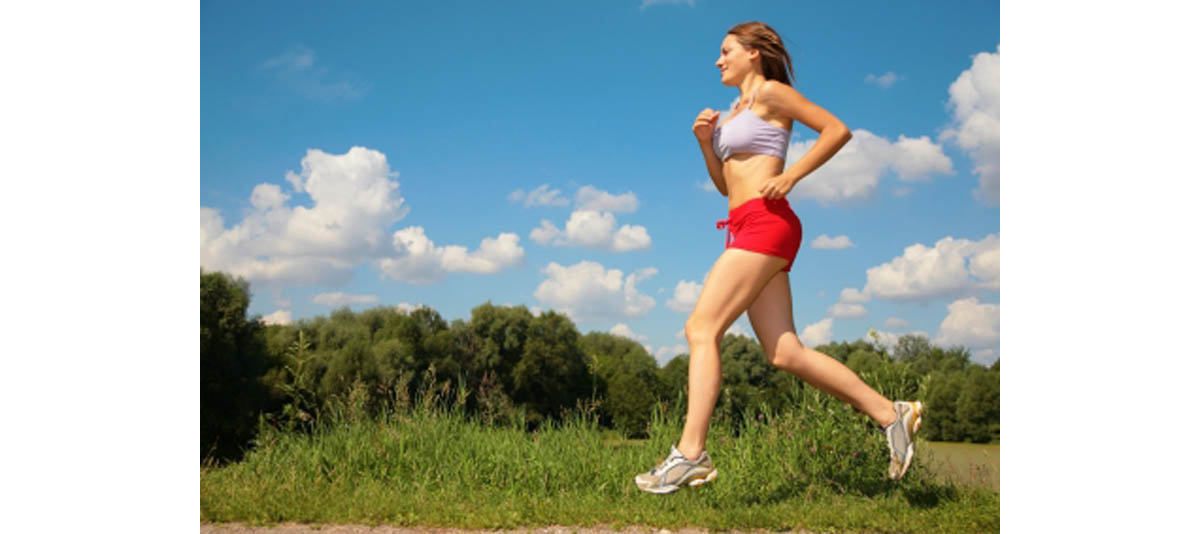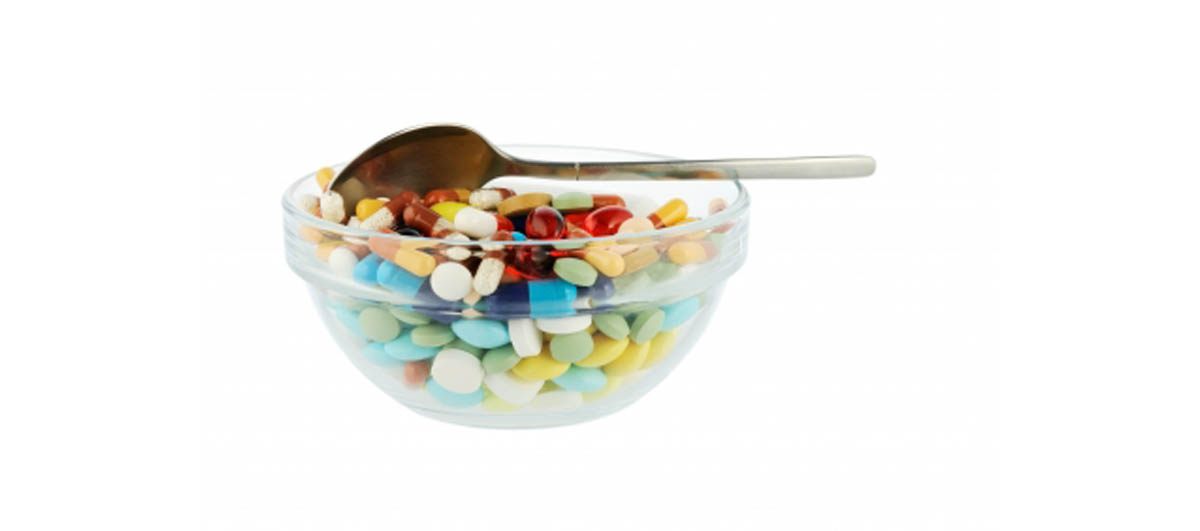Exercise and Physical Activity

Regular exercise facts
Regular exercise boosts your immune system by improving circulation, reducing inflammation, and promoting the production of immune cells. It also helps manage weight, lowers the risk of chronic diseases, and enhances overall well-being.
A study conducted in Iowa reported the immune system of adults who performed vigorous exercises for more than or equal to 20 minutes, more than 3 days per week were much more active than individuals who did not perform any exercise. Further, it was also noted that adults who performed a moderate amount of physical activity also had better immune activity than others who led a sedentary life. Thereby it was concluded that exercise and physical activity do play a role in improving the immune system of an individual.
Self-esteem and Social Activity and Stress
The Iowa study and other studies have further reported that general factors of life such as self-esteem and social activity does have an effect on the immune system. An individual who has a higher self esteem and is socially active has a higher level of immunity when compared to others who are depressed and remain secluded. This beneficial affect may be related to the release of certain hormones that induce better functioning of the immune system.
Social activity facts
Social connections and meaningful relationships contribute to better overall health, including immune function. Interacting with loved ones, engaging in social activities, and having a support network can boost your spirits and improve immune responses.
Stress

Stress management facts
Excessive stress can weaken your immune system, making you more vulnerable to illnesses. Engage in activities like meditation, deep breathing, or hobbies that bring you joy. Taking care of your mental and emotional well-being is crucial for maintaining a robust immune system.
Diet
The growth and development of our body is mainly dependent on the nutrition obtained through diet. The normal functioning of all the cells and tissues in our body require a specific concentration of vitamins, minerals, carbohydrates, fats and other essential macro and micronutrients. Most of these essential nutrients are made available with the consumption of a balanced diet rich in fruits and vegetables. Along with development of the immune system, the nutrients available from diet and dietary supplements improves the functioning of the cells and tissues which enable them to offer a good amount of resistance to the toxins being produced by harmful microorganisms.
Balanced diet facts
A balanced diet rich in fruits, veggies, whole grains, lean proteins, and healthy fats provides essential nutrients that support immune function. Vitamins (like A, C, E) and minerals (like zinc and selenium) found in these foods play important roles in strengthening your immune response.
Read More: The Mind, The Immune System And Your Health: Is There A Connection?
Daily Multivitamin Intake

Multivitamin intake facts
Vitamins, especially vitamin C and D, can support immune function when obtained through a balanced diet or as supplements when needed.
Steroids
Administration of steroids has been associated with a decrease in immune system function. Steroids are commonly administered for longer durations in individuals suffering from long term inflammatory disorders such as asthma. While the natural steroids present in the body do not have such an impact on the immune system, an increase in the level of synthetic steroids greatly influences the functioning of the immune system. Administration of corticosteroids in high doses or low doses for a prolonged period of time suppresses the functions of the immune system. Individuals taking steroids are more prone to develop infections when compared to otherwise healthy individuals.
Steroid facts
Steroids, on the other hand, may be prescribed by healthcare professionals to manage specific conditions, but their use should be closely monitored as they can have side effects.
All these lifestyle factors work together to support a healthy immune system. It's all about finding a balance and making gradual changes that you can sustain. So, keep moving, eat those nourishing foods, take time to relax, socialize with your loved ones, and your immune system will thank you.
- Marsland AL, Manuck SB, Fazzari TV, Stewart CJ, Rabin BS. Stability of individual differences in cellular immune responses to acute psychological stress. Psychosom Med. 1995 May-Jun, 57(3):295-8
- Sjögrena E, Leandersonb P, Kristensona M, Ernerudhb J. Interleukin-6 levels in relation to psychosocial factors: Studies on serum, saliva, and in vitro production by blood mononuclear cells. Brain, Behavior, and Immunity. 2006, 20(3): 270-278. doi:10.1016/j.bbi.2005.08.001
- McEwen BS, Stellar E. Stress and the individual. Mechanisms leading to disease. Arch Intern Med. 1993 Sep 27, 153(18):2093-101
- ScienceDaily (Feb. 8, 2008) What Does And Doesn't Affect Immune System. http://www.sciencedaily.com/releases/2008/02/080204172208.htm
- Alves C, Lima RV. Dietary supplement use by adolescents. J Pediatr (Rio J). 2009 Jul-Aug, 85(4):287-94. Epub 2009 Jul 7.


Your thoughts on this